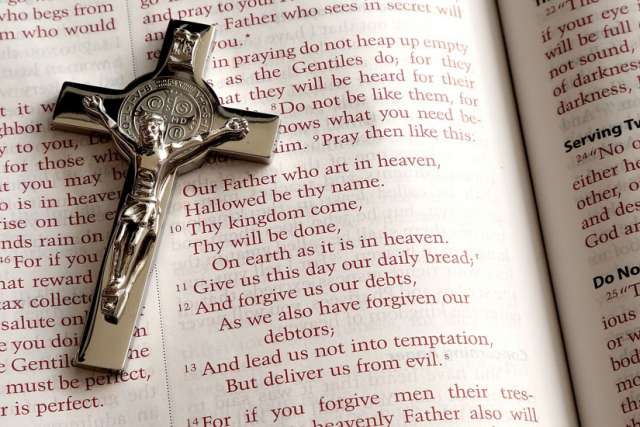So a Supreme Court of Canada ruling in favour of an atheist who cried discrimination because Saguenay city council opened its meetings with a short prayer is disconcerting. The ruling was unanimous and, although specific to this particular case, legal minds believe it could ban prayer in city halls across Canada. It’s a big win for adherents of atheism and it reflects an unsettling disdain for those who profess faith and believe in prayer.
Government institutions must take a neutral position between those who believe in God and those who don’t. That’s not in dispute. But how can this new prayerless reality be called neutral when it clearly favours the doctrine of atheism? Neutrality should be tolerant of all viewpoints and encourage respectful interaction. It should seek conciliation, not subordination of some to the will of others, particularly the subordination of the majority in a nation with such a profound religious heritage. So the court’s blanket Thou Shall Not Pray ruling is puzzling.
As one constitutional lawyer summarized, the decision suggests that the principle of freedom of religion has, in effect, been broadened to now include freedom from religion. In the Court’s view, governments must ensure atheists are not exposed to religion at city hall, even if doing so restricts the religious freedom of the majority.
Surely a more reasonable approach would be to respectfully integrate believers and non-believers into the same public square.
There should be no winners in this dispute, just accommodation.
That’s more or less the argument the Catholic Civil Rights League made to the Supreme Court. It proposed an “authentic Canadian pluralism” that grants fairness and dignity for believers and non-believers alike. It suggested council meetings might open with a prayer that reflects shared values and respect for others and, for non-believers, a moment for silent reflection or for non-religious inspirational words.
City hall should be a model of inclusiveness. Finding a nuanced solution to the prayer issue could advance that cause. Rather than being told to hit the mute button, city councils should be encouraging respectful interaction among religious and non-religious citizens to unite communities. That approach is already employed in many council chambers across Canada. And it works.
All voices in the public square should be equal and respected. None should be muzzled. But on the matter of prayer, the Supreme Court believes equality is best achieved through a type of neutrality that muzzles everyone. A more sensible solution would be to grant everyone an equal platform. Let the people pray, or not pray if they’d rather.


